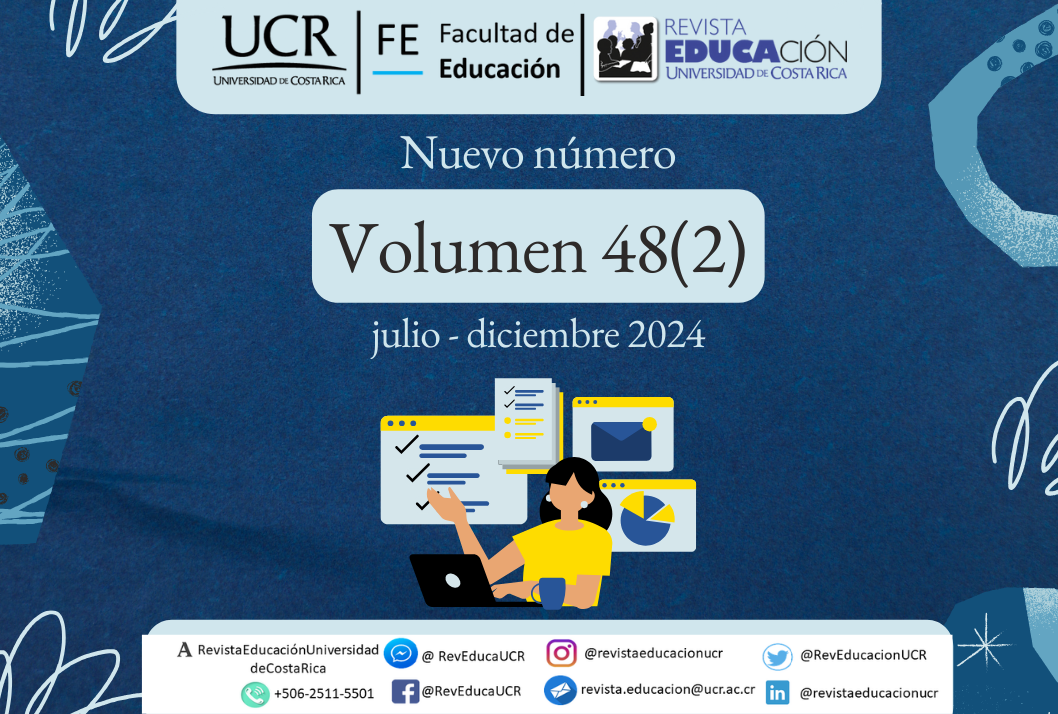Abstract
The purpose of this study is to present the psychometric qualities of the Revised Life Attitude Profile as a contribution to psycho-pedagogical and pedagogical counselling, considering it a useful instrument for guiding new generations. Within a quantitative approach, the study analyzes the discriminative power of the items, factorial validity, internal consistency, and examines the mean scores obtained by subjects in the dimensions of the instrument, as well as differences based on sex and age groups. A sample of 305 students or graduates of higher education in the Autonomous City of Buenos Aires (Argentina), aged between 18 and 54 years with a mean age of 28.62 years, was used. The results showed that the validated test is composed of 4 factors and 32 items, each presented coherently in relation to the original version. Reliability indexes, compared with the original and those of other studies, were similar or higher. The analyses performed and the data obtained demonstrate that the LAP-R is reliable for assessing life attitude in the studied population. Statistically significant differences were found only in the Choice/Responsibility dimension, favoring subjects aged between 25 and 44 years. The test proved reliable for use in pedagogical and psycho-pedagogical guidance, a very useful tool given the alarming rates of lack of future projection in the younger generations of the region. It is recommended to continue the study with a sample of adolescents at the secondary education level.
References
Anagnostopoulos, F., Slater, J., Fitzsimmon, D. y Kolokotroni, P. (2011). Exploring global meaning in Greek breast cancer patients: validation of the Life Attitude Profile-Revised (LAP-R) [Explorando el significado global en pacientes griegas con cáncer de mama: validación del Life Attitude Profile-Revised (LAP-R)]. Psycho-Oncology 20(4), 419-427. https://doi.org/10.1002/pon.1755
Barni, C. (2021). El sentido de la educación integral. Proyecto de vida. Centro Pedagógico José Kentenich.
Barni, C. y Daura, F. (2019). Is Grit the Key Element to Improve the Life Attitude? A Study with Military Students from Argentina [¿Es el Grit el elemento clave para mejorar la actitud de vida? Un estudio con estudiantes militares de Argentina]. European Journal of Social Sciences, 2(3), 30-41. https://doi.org/10.26417/ejss.v2i3.p30-41
Daura, F. y Barni, C. (2024). Grit, compromiso académico y perspectiva temporal en estudiantes de posgrado. Revista Colombiana de Educación, (91), 189-212. https://doi.org/10.17227/rce.num91-14349
Elizalde, C. y Barni, C. (2024). Educación integral en tiempos de cambio. Revista Educación, 48(1), 1-18. https://doi.org/10.15517/revedu.v48i1.55934
Erci, B. (2008). Meaning in life for patients with cancer: validation of the Life Attitude Profile-Revised Scale [Significado de la vida para pacientes con cáncer: validación de la Escala Revisada del Perfil de Actitud de Vida]. JAN Leading Global Nursing Research, 62(6), 704-711. https://doi.org/10.1111/j.1365-2648.2008.04658.x
Frankl, V. (1991). El hombre en busca de sentido. Con un prefacio de Gordon W. Allport (12ava ed.). Herder.
Frankl, V. (2002). La voluntad de sentido. Conferencias escogidas sobre logoterapia. Herder.
García-Álvarez, D., Rincón-Gill, B. y Urdaneta-Barroeta, M. P. (2022). Autopercepción de adultez emergente y sus relaciones con gratitud, ansiedad y bienestar. Revista de Estudios e Investigación en Psicología y Educación, 9(2), 186-206. https://doi.org/10.17979/reipe.2022.9.2.9085
Reker, G. (2007). Manual LAP-R. Life Attitude Profile-Revised [Manual LAP-R. Perfil de actitud ante la vida: revisado] (5ta ed.). Trent: Trent University Press.
Ríonegro, F. y Barni, M. C. (2016, 20-21 de octubre). Estudio comparativo de proyecto de vida en la Adolescencia inicial y Adolescencia final [Ponencia]. Aprender a enseñar: el desafío de la formación docente inicial y continua. Pilar, Argentina. https://www.teseopress.com/formaciondocente/chapter/202/
Risco-Lázaro, A., Sánchez-Cabaco, A. y Moreno-García, M. V. (2010). Competencias Actitudinales (Sentido de la Vida) en el EEES: Dimensiones Evolutivas. International Journal of Developmental and Educational Psychology. INFAD Revista de Psicología, 2(1), 259-267. http://www.redalyc.org/pdf/3498/349832325026.pdf
Tortul, M. C., Daura, F. y Mesurado, B. (2020). Análisis factorial, de consistencia interna y de convergencia de las escalas Grit-O y Grit-S en universitarios argentinos. Implicaciones para la orientación en educación superior. Revista Española de Orientación y Psicopedagogía, 31(3), 109-128. https://doi.org/10.5944/reop.vol.31.num.3.2020.29264
Vüllrath-Ramírez, A., Bailey-Catalan, C. y Arrate-Vollrath, A. (2021). Adaptación transcultural y validación psicométrica de instrumento de calidad de vida en cuidados paliativos. Ciencia y enfermería, 27(24), 1-14. http://dx.doi.org/10.29393/ce27-24atav30024
Wong, P., Mayer, C. y Arslan, G. (2021). Editorial: COVID-19 and Existential Positive Psychology (PP2.0): The New Science of Self-Transcendence [Editorial: COVID-19 y la Psicología Positiva Existencial (PP2.0): La nueva ciencia de la autotrascendencia]. Front. Psychol. 12 https://doi.org/10.3389/fpsyg.2021.800308
Wong, P. (2020a). Existential positive psychology and integrative meaning therapy [Psicología existencial positiva y terapia integrativa de significado]. International Review of Psychiatry, 32(7-8), 565-578. https://doi.org/10.1080/09540261.2020.1814703
Wong, P. (2020b). Made for Resilience and Happiness: Effective Coping With the COVID-19 According to Viktor E. Frankl and Paul T. P. Wong [Hecho para la resiliencia y la felicidad: cómo afrontar eficazmente la COVID-19 según Viktor E. Frankl y Paul T. P. Wong]. INPM Press. https://www.researchgate.net/publication/343723014_Made-for-Resilience-and-Happiness-Effective-Coping-with-Covid-19-According-to-Viktor-E-Frankl-and-Paul-T-P-Wong/
##plugins.facebook.comentarios##

This work is licensed under a Creative Commons Attribution-NonCommercial-NoDerivatives 3.0 Unported License.
Copyright (c) 2024 Revista Educación - Journal of Education







